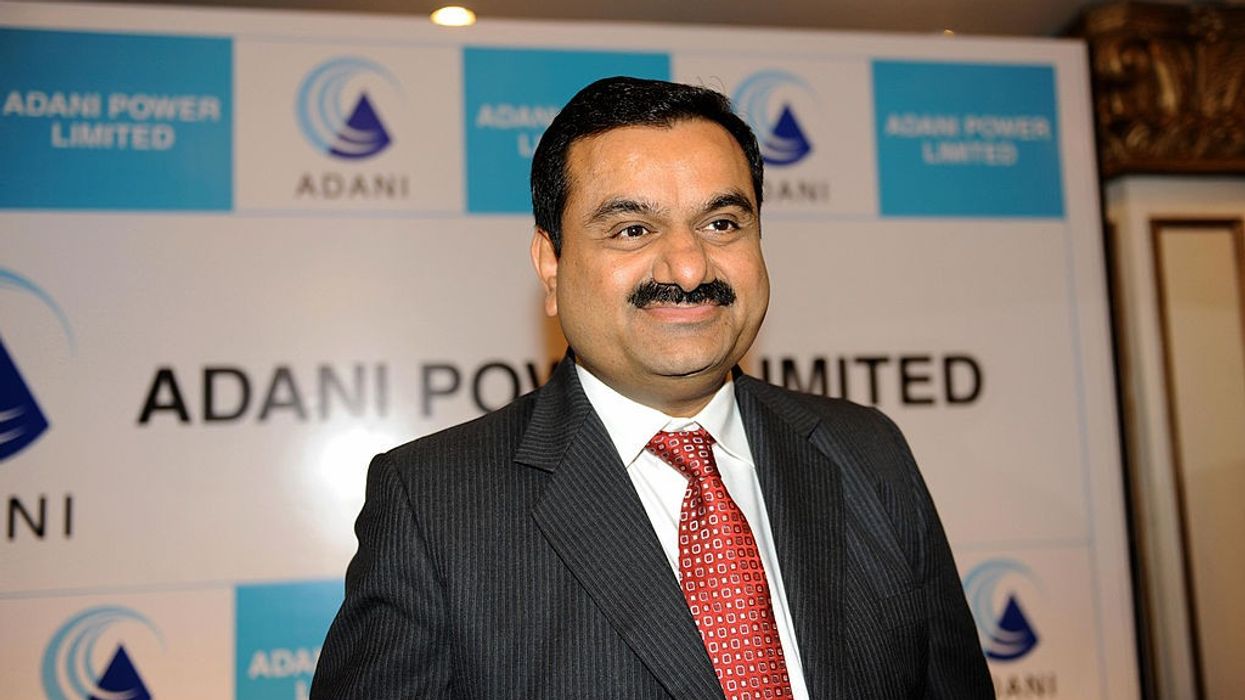ADANI GROUP has signed a pact with South Korea's POSCO to explore business opportunities in sectors like steel and renewable energy.
In a statement on Thursday (13), Adani Group said the investment under a memorandum of understanding (MoU) between the two companies is estimated at £5 billion (£3.64 bn).
It said it "has agreed to explore business cooperation opportunities, including the establishment of a green, environment-friendly integrated steel mill at Mundra, Gujarat, as well as other businesses”.
The non-binding MoU intends to further collaborate at the group business level in various industries such as renewable energy, hydrogen and logistics in response to carbon reduction requirements, the statement said.
They are examining various options to cooperate and leverage the technical, financial, and operational strengths of each other.
POSCO and Adani intend to utilise renewable energy resources and green hydrogen, in line with both partners' environmental, social, and governance (ESG) commitments to sustainability and energy efficiency.
Jeong-woo Choi, the CEO of POSCO, said the two companies can come to synergy in the steel and environment-friendly business with South Korean firm’s technology in steel making and Adani's expertise in energy and infrastructure.
"I hope this cooperation will be a good and sustainable business cooperation model between India and South Korea," Choi said.
Gautam Adani, Chairman of the Adani Group, said: "This partnership will contribute to the growth of India's manufacturing industry and the Aatmanirbhar Bharat (self-reliant India) scheme championed by the government of India. It will also help strengthen India's standing in green businesses."
POSCO already has presence in India. It runs POSCO-Maharashtra, a 1.8-million-ton cold-rolled and galvanised mill and four processing centres in Pune, Delhi, Chennai and Ahmedabad.
POSCO and Adani have also signed an MoU with the government of Gujarat for support and cooperation from the government.
Adani Group has operations both in India and abroad including its coal mining business in Australia where it has been facing opposition from conservatives.
(PTI)




